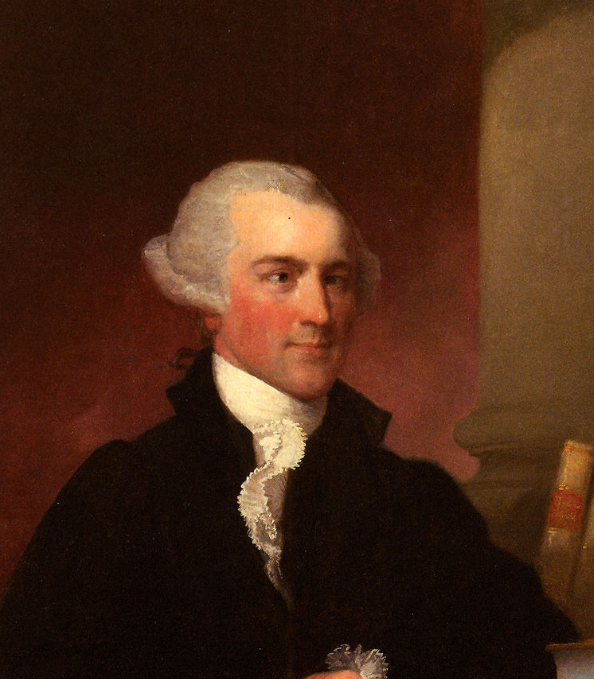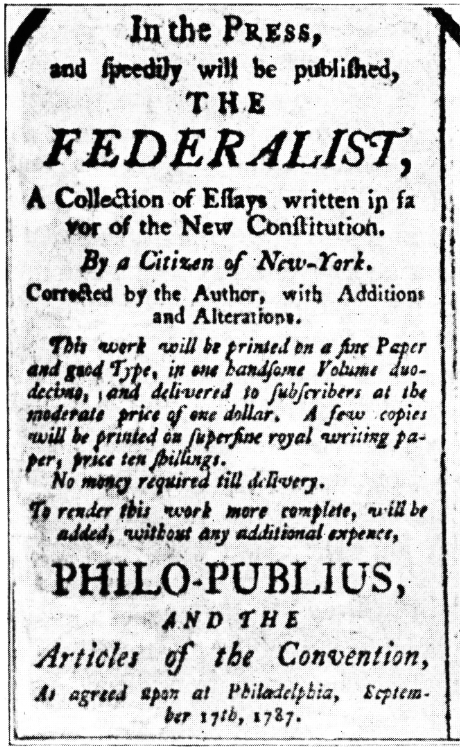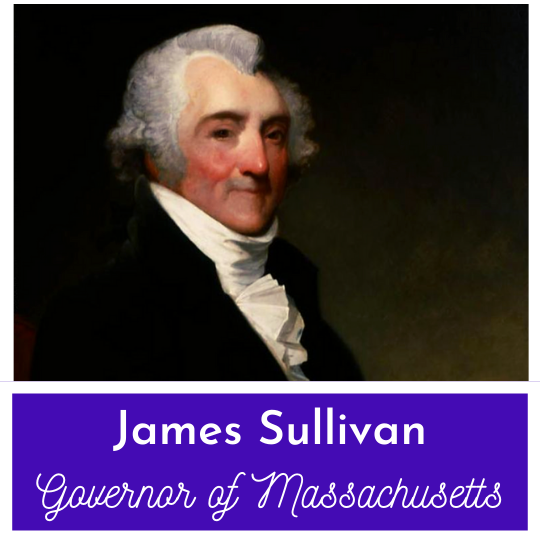Edward Holyoke was Harvard’s President during the years that many of the most notable Founders from Massachusetts attended.
Holyoke’s influence on the American Founding is hard to understate, and that can quickly been seen with a brief look at his life and a review of the pupils who learned under his tutelage.
Edward Holyoke
In 1737, Edward Holyoke was appointed as President of Harvard College.
In the 32 years that he ran the university, Holyoke made sweeping changes to that institution.
Though there were only a handful of teachers, Harvard employed many tutors, usually former students. Edward began hiring tutors who specialized in certain areas of study, as opposed to the tradition of each professor covering all the subjects.
Additionally, Holyoke eliminated the practice of flogging, though students were still given harsh fines for disobedience.
Furthermore, the young men were still given a number which ranked them based on their families’ wealth and social status.
Changing With The Times
What is particularly interesting about Edward Holyoke’s tenure as President of Harvard is that he was also expected to teach.
His opinions on religion and government are particularly important. Taking office as the First Great Awakening was coming to an end, Edward’s belief that government and religion should be completely separated reflect changing attitudes toward New England’s traditional Puritan values.
But He Died!!??!
Holyoke died in 1769, missing his opportunity to participate in the American Revolution.
Why, then, would he be considered an American Founder?
Well, it is because he sat at a table with several future Founders and educated them about politics and rights.
A brief look at some of the young minds Edward molded will demonstrate this. Let’s take a look:
Samuel Adams - Class of 1740
Samuel Adams was the prototypical American rebel. Not particular good at business, Adams sure knew how to cause a scene. He used his education unite discontented Bostonians and start a revolution.
James Otis - Class of 1743
James Otis joined Adams as one of the primary movers and shakers in the early days of rebellion. The reason for the Stamp Act Congress and often credited for coining the term ‘no taxation without representation.’
Thomas Cushing - Class of 1744
Thomas Cushing would sign the Continental Association but refused to vote for independence. He was still a Patriot who helped organize the construction of ships for the Continental Navy as Commissioner of Marine Affairs. Later he would serve as Lieutenant Governor of Massachusetts.
James Bowdoin - Class of 1745
James Bowdoin was the head of the Massachusetts Provincial Congress at the start of the Revolutionary War. He would become the second Governor of Massachusetts during which time he suppressed Shays’ Rebellion.
John Hancock - Class of 1754
John Hancock used his education to run one of the largest merchant firms in the colony. He then went on to be President of the Continental Congress and first Governor of Massachusetts.
John Adams - Class of 1755
John Adams went on to sign the Declaration of Independence, serve as first Vice President of the United States and then second President of the United States. But you knew that already.
Joseph Warren - Class of 1759
Joseph Warren quickly ascended to the heights of what a Boston Physician could be. He was an important leader early in the revolution and died as a martyr at the Battle of Bunker Hill.
Conclusion
These are just a few of the most notable examples of Founders who were educated directly by Edward Holyoke.
As you can see, this man’s influence on the American Creation is hard to understate.
If you’d like to learn about other Founders who educated other Founders, check out these articles:
Educating Founders - Samuel Finley and the West Nottingham Academy
James Manning, Brown University and the French Army
George Wythe Educates the Founding Fathers
Although there are several books on Edward Holyoke, I’m recommending the book which I believe best reflects what it was like to receive an education during his time at Harvard.
‘Founding Martyr’ is about Joseph Warren, but author Christian Di Spigna does a wonderful job putting the reader into 18th century Harvard.
If you’d like a copy you can get one through the Amazon affiliate link below (you’ll support this site, but don’t worry, Amazon pays me while your price stays the same).
Want to get fun American Revolution articles straight to your inbox every morning?
Subscribe to my email list here.
You can also support this site on Patreon by clicking here.
Thanks for your support!





